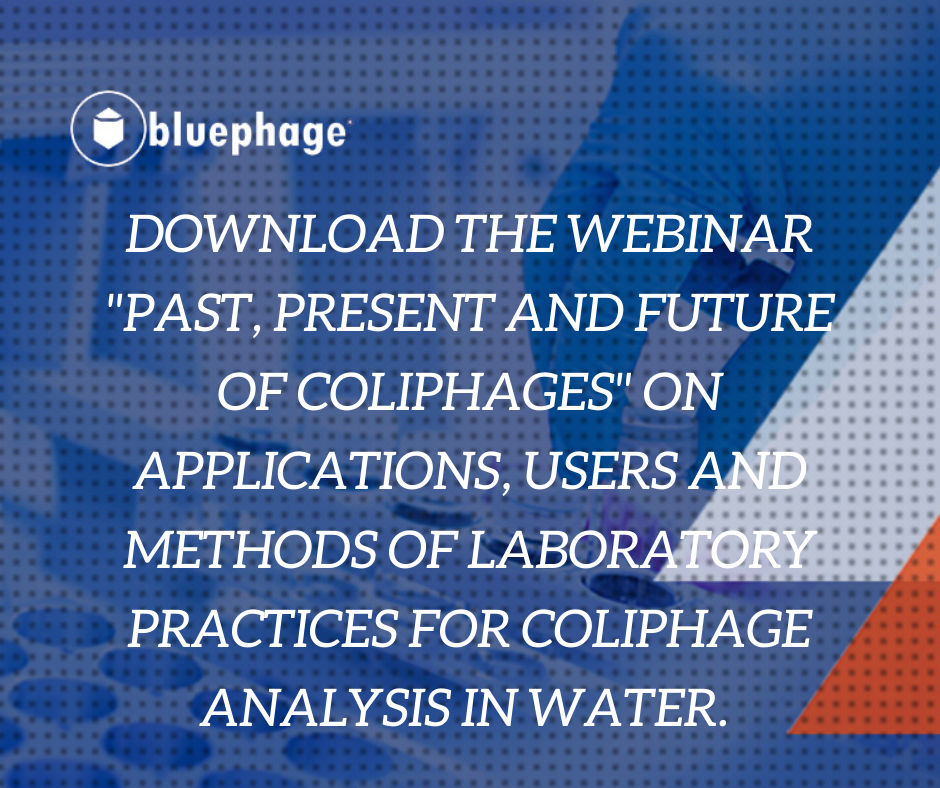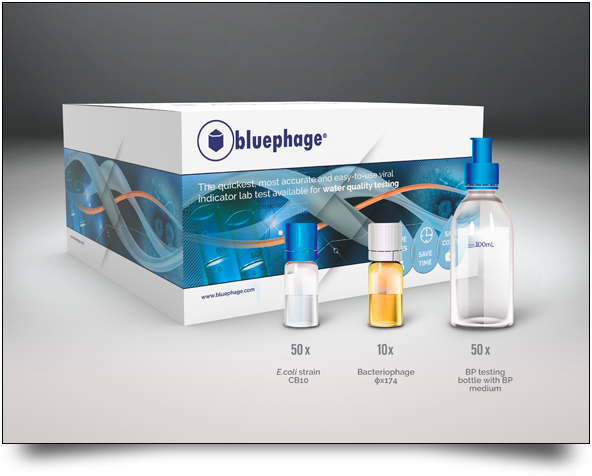BLOG | Bluephage
Conclusions and recording of the webinar: Past, present, and future of coliphages

On 21 April 2022, Bluephage hosted the webinar “Past, Present and Future of Coliphages” with Professors Charles Gerba, University of Arizona, Mark Sobsey, University of North Carolina, and Juan Jofre, University of Barcelona, leaders in the study of coliphages with over forty years of experience in the field.
The debate was moderated by Julia Martin, Chief Development Officer at Bluephage, and the main conclusion was the consensus among the panellists on the value of coliphages as viral indicators.
Through the experiences and expertise of the three panellists, the future applications of these viral indicators, the users who will apply them, and the methodological improvements and laboratory practices needed were identified.
These conclusions were very enlightening for water industry professionals, who foresaw the applications of coliphages in water, biosolids, and food quality monitoring, as well as in the evaluation of treatment processes. These monitoring needs include drinking water, bathing waters, reclaimed waters for different uses, shellfish waters and treated waters released into sensitive aquatic environments such as bathing and shellfish areas, and biosolids and shellfish dispersed in the environment.
Coliphages can also support the validation and verification of treatment processes, including those related to drinking water supply, water reclamation, sludge treatments, and shellfish purification.
It became clear that obtaining results during the working day is an important, almost crucial, added value for many of these applications.
During the discussion, experts defined the users that can implement coliphage analysis in their laboratory routines, such as water agencies, water management companies, local authorities, and even private individuals to assess the water quality of their own wells or private domestic supplies.
The speakers also discussed laboratory methods and practices that meet the needs of the water industry.
> Rapid qualitative and quantitative methods in commercially supplied kits, with quality control guaranteed by the supplier. These kits will have added value if they can be applied directly to 100 mL of sample and possibly, for some uses, at least to analyse for presence in 1L.
On the other hand, laboratories currently using standardised methods and performing their own quality control may need reference materials, such as coliphage suspensions.
In addition, since most laboratories currently have little experience with bacteriophages, teaching sessions and interlaboratory studies seem highly desirable, at least in the immediate future.
Bluephage S.L. produces rapid and easy-to-use kits, reference materials, and reagents for the fast and simple detection and enumeration of bacteriophages, as well as training courses to prepare laboratories for routine testing of coliphages in water.


